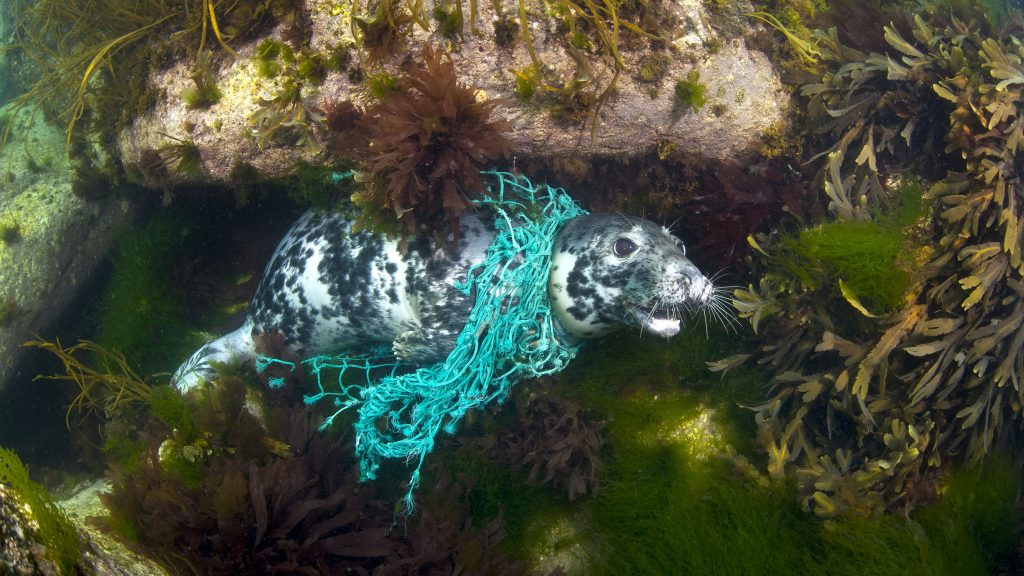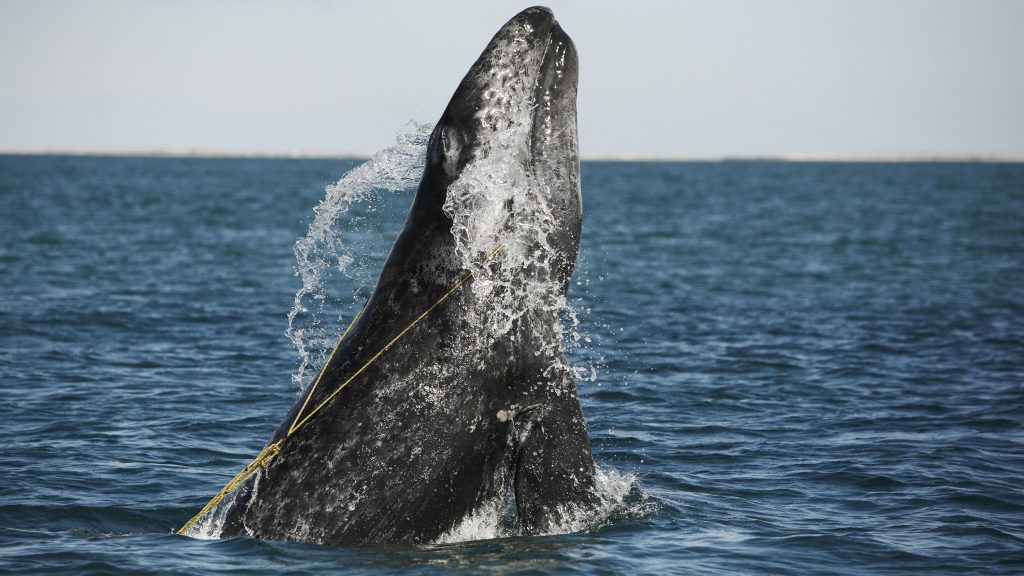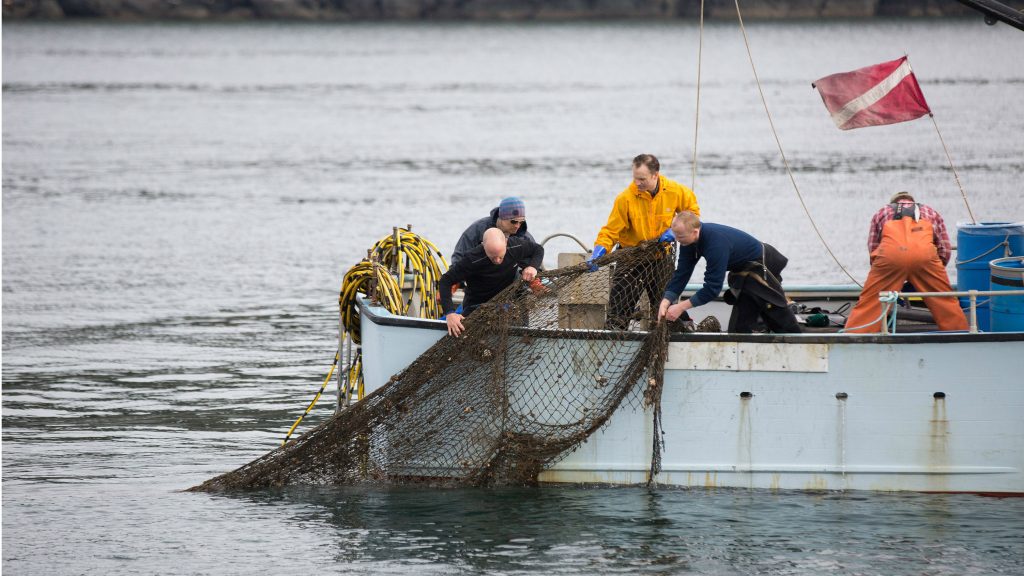Lost fishing gear threatens marine life, says animal rights group

World Animal Protection Canada, a non-profit focused on international animal protection, is urging Canada and all nations to deal with lost and discarded fishing gear that kills and maims ocean life including whales, porpoises, turtles and seabirds.
Its research suggests that 640,000 metric tons of gear makes its way into oceans every year and it is asking for action from those attending a G7 meeting now taking place in the eastern Canadian city of Halifax. The meeting dubbed “Working Together on Climate Change, Oceans and Clean Energy” has attracted environment, oceans and energy ministers, international organizations, non-governmental organizations and advocacy groups.
The Canadian government invited World Animal Protection Canada to the meeting to present its findings on the so-called ghost gear problem.

‘Ghost gear doesn’t know boundaries’
“It’s very, very important that the solutions are global, says the group’s executive director, Josey Kitson. “It’s not enough for one government to be acting very effectively and efficiently on ghost gear and to have another government not act at all. Ghost gear doesn’t know boundaries. It doesn’t stop at a country’s ocean boundary.”
In fact, the group has found tags from lobster traps set off eastern Canada that turned up thousands of kilometres away in U.K. waters.
Fishermen could retrieve in the off-season

In order to deal with the problem, Kitson says there first need to be systems in place for fishers to report lost gear.
The next need is for retrieval. Kitson says some countries employ fishers in the off season to collect lost or abandoned gear. Once ghost gear is collected, it can be recycled and made into bathing suits, flip flops, mats and other products.

So far, 12 countries have signed on to the Global Ghost Gear Initiative to promote solutions. They include the U.K, New Zealand, Tonga, Sweden and the Dominican Republic.
Related stories from around the North:
Canada: World Wildlife Fund raises alarm about harmful ‘grey water’ in Canada’s Arctic, CBC News
Finland: Citizens’ initiative prompts Finnish lawmakers to consider microplastics ban, Yle News
Norway: Plastic on Svalbard: “I could never believe it was this bad”, The Independent Barents Observer
Russia: Russian Navy sends clean-up team to Arctic trash dump, The Independent Barents Observer
Sweden: Swedish raft made from trash draws attention to plastic pollution, Radio Sweden
United States: Alaska’s largest city bans plastic bags, starting next year, Alaska Public Media



